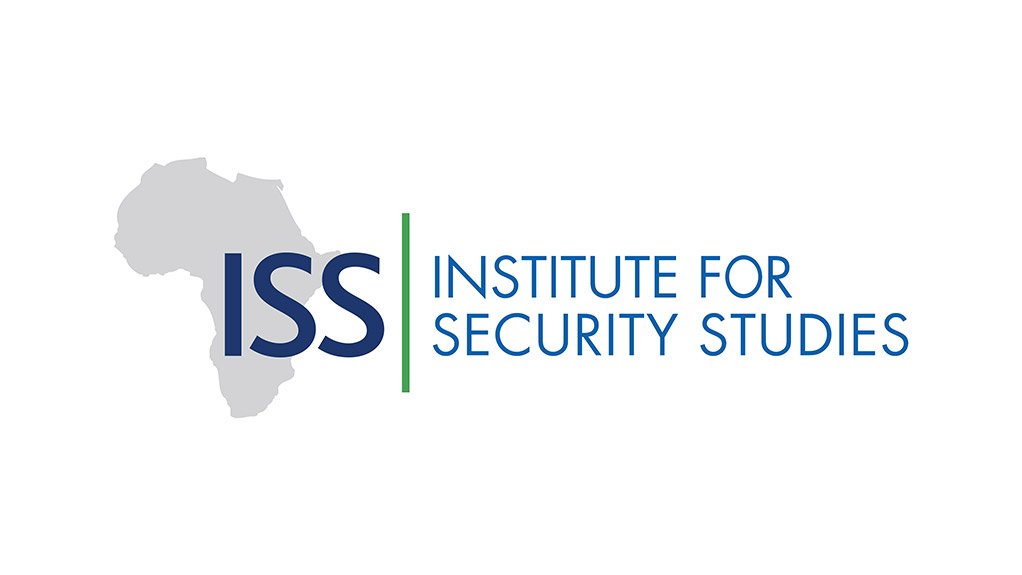For much of the past decade, Ansaru has largely been an outlier on the terrorism threat landscape. But the group is making a comeback in Nigeria – and is more dangerous than ever.
Ansaru claims to defend the interests of Islam in communities where its presence has largely been contained. It was formed in 2012 as a breakaway Boko Haram faction after a disagreement between ‘moderates’ and ‘hardliners’.
There are three worrying signs of Ansaru’s resurgence: its increased links to abductions and banditry, its connections to other violent extremist groups, and the ability to win over local communities with its ‘hearts and minds’ campaign. These activities are driving up instability in the region. To counteract the group, governments need to provide better security and services for local populations.
Ansaru is especially active in Nigeria’s North-West and North-Central zones, where banditry and abductions have soared in recent years. The group is believed to have provided weapons and other support to bandits behind attacks in the North-West. This claim is supported by accounts of police raids on a bandit camp in Kuduru forest in Kaduna State, with which Ansaru is linked. Kidnappings are another vital tool the group uses to sustain and expand its activities.
Ansaru’s main areas of activity in Nigeria
Beyond Nigeria, the wider Sahel region is at risk of Ansaru’s symbolic loyalty to more violent extremist groups. At the start of 2022, Ansaru reconfirmed its allegiance to al-Qaeda in the Islamic Maghreb (AQIM). Ansaru reflects AQIM’s expansion into Nigeria through members who trained with AQIM and formed Ansaru’s militant wing. In January 2013, for example, Ansaru claimed responsibility for an attack on a Nigerian military convoy travelling to a peacekeeping mission in Mali.
Arms trafficking in the region gives Ansaru easy access to weapons. Sources told the Institute for Security Studies (ISS) that the group buys weapons primarily from criminals in Nigeria such as bandits and members of violent extremist groups such as Boko Haram.
Arms proliferation is already a challenge in the country. There were over six million weapons in circulation last year, former president Abdulsalami Abubakar told a meeting of the National Peace Committee in Abuja in 2021.
Ansaru’s ‘hearts and minds’ approach to winning community support is perhaps the most threatening trend. The Islamic State West Africa Province (ISWAP) used the same strategy of distributing food, clothing and cash to residents. The idea of ‘humanitarian assistance’ from any of these groups enables continuous recruitment and loyalty. The approach is also long-term, which means Ansaru devotes time to connecting with communities and building a sustained presence in the region.
Key to Ansaru’s success is its delivery of essential public services against the backdrop of state failure in rural communities. For example, the group protects rural residents against bandits. One Ansaru supporter in Gwandu village in Kaduna State told the ISS the group merely protects locals without expecting gifts or rewards for services rendered. Some community members referred to Ansaru as peaceful and supportive, keen on defending residents against bandits.
The group supplies fertiliser, pesticide and agricultural products to farmers, especially in Kaduna, Katsina and parts of Zamfara states. ISS interviews revealed that during Ramadan, Ansaru gave food to Muslims in Kaduna State, where it has some followers. On this year’s Eid-el-Fitr celebration, food and gifts were distributed to people in Birnin Gwari. Amid Ansaru’s display of motorcycle stunts, and to the delight of community members, several youths praised and declared their support for the group.
But these handouts come without repercussions. In December 2021, a resident of Kuyallo in Birnin Gwari invited an Ansaru amir to be the guest speaker at a Moulud celebration. The amir warned listeners to steer clear of secular political gatherings or discussions that promote democracy. ISWAP does the same in Nigeria’s North-East, and those who fail to comply are punished and sometimes executed.
With campaigning for the 2023 elections underway across Nigeria, politicians are visiting communities to solicit votes. This could encourage locals to resist Ansaru but winning popular trust after years of government neglect won’t be easy.
Pre-emptive measures are needed to prevent Ansaru’s resurgence from causing greater problems. The hotbeds of banditry and abductions in the North-West and North-Central zones create an enabling environment for the group. These crimes were an issue before Ansaru was formed but have intensified in recent years.
Intelligence cooperation among the affected states must be boosted and followed by swift action. Inter-agency collaboration and cross-border monitoring of the sources and flows of arms used to perpetrate crimes are also needed. As Nigeria’s 2023 general elections approach, human security should be a priority for those seeking office.
Ansaru’s affiliation to AQIM means the problem is transnational and requires coordination among countries and regional blocs. The Global Coalition to Defeat Daesh/ISIS’ current efforts provides a possible framework for action. Its first ministerial meeting on African soil was hosted by Morocco in May.
To counter Ansaru’s hearts and minds strategy, countries in the region must improve their governance and service delivery to communities. A campaign is also needed to engage Islamic clerics familiar with the doctrinal elements required to deconstruct ideological narratives. Clerics are crucial to community mobilisation because they serve as patrons of numerous Islamic organisations through which theological guidance flows.
Ansaru may not pose the most significant terror threat in Nigeria. But its ability to resurface hints at a dangerous tendency to use the element of surprise as it quietly gathers strength from within communities.
Written by Akinola Olojo, Project Manager and Malik Samuel, Researcher, ISS Regional Office for West Africa, the Sahel and the Lake Chad Basin and Idris Mohammed, Lecturer, Usmanu Danfodiyo University, Nigeria
EMAIL THIS ARTICLE SAVE THIS ARTICLE ARTICLE ENQUIRY
To subscribe email subscriptions@creamermedia.co.za or click here
To advertise email advertising@creamermedia.co.za or click here











